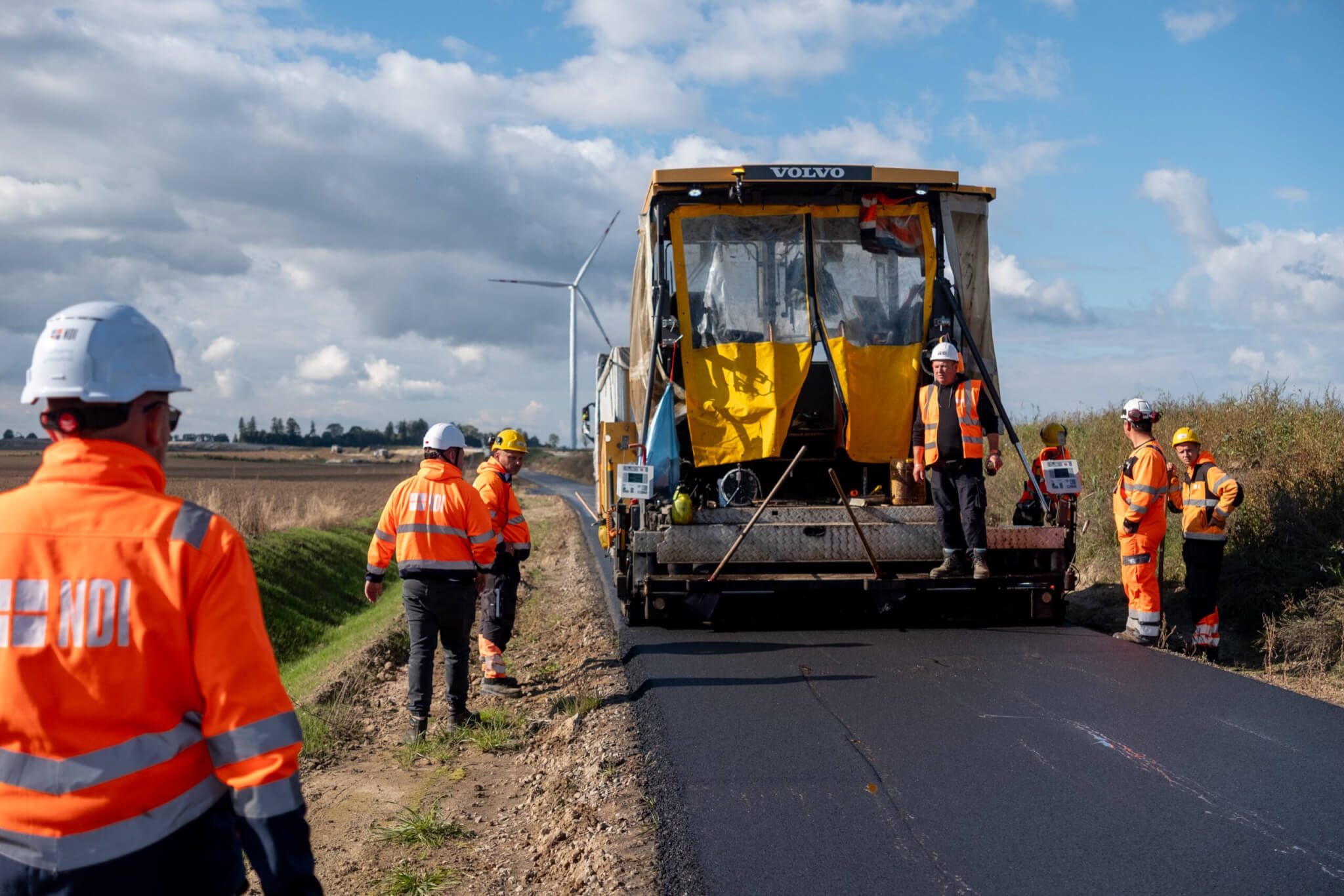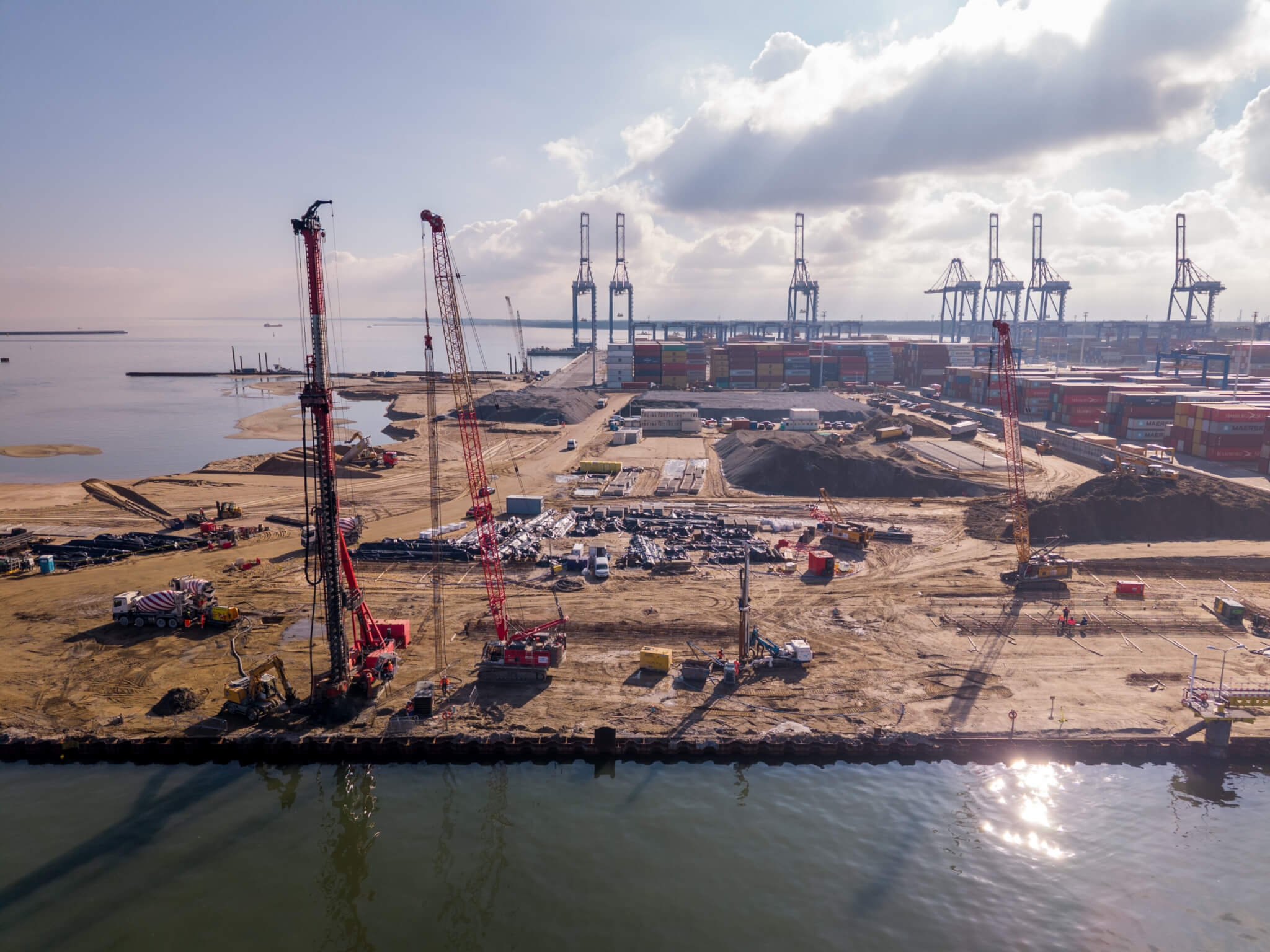NDI is a partner of the 9th European Financial Congress
From June 4 to 6 in Sopot, economists, scientists, economy specialists and authorities from all over Europe debated the future that awaits not only our continent, but the whole world. Traditionally, NDI is a partner of the congress. This year, the congress sought to answer the question: How to live in times of uncertainty?
Not only Brexit, but also a trade war between the US and China, and investors’ damaged confidence in the capital market make us ask this question. But also the progress in banking, the technology race and changes that are brought, for example, by FinTech, artificial intelligence or PSD2 regulations. The congress was an opportunity to debate many of these topics. NDI had the pleasure to be a partner and host of two of them.
On Wednesday, we discussed „Systemic threats to the Polish economy.” The subject of the second debate was „Electromobility: technological progress, social pressure, political promises and economic realities.
The first discussion was based on six texts contained in the EKF 2019 Publication titled „Dewiacje finansjalizacji” (en. „Deviations of Financialization”), edited by J. Hausner and W. Paprocki. One strand of statements was the assessment of harmful practices of entities, including primarily financial institutions, which knowingly undertook and continue to undertake actions at high risk of losses, while ensuring a kind of impunity for themselves, if losses are sustained. References were made to the concept of moral hazard described in national and foreign language literature. The second strand of statements referred to the concept of J. Schumpeter, who saw the entrepreneur as a creative author of innovative solutions that ensure an increase in productivity, i.e. improvement of the relation between the value of effects in manufacturing and distribution activities to human physical and intellectual work as well as tangible and intangible expenditure. In conjunction with both strands of discussion, threats to the Polish economy, in which there are undesirable practices of global players and local market participants, as well as the unreliable operation of public authorities acting as regulators were discussed.
The introduction to the debate on electromobility was the presentation of Prof. Jana Pieriegud, Professor at the Warsaw School of Economics, in which the basic threads of the EKF 2019 Publication, edited by J. Gajewski, W. Paprocki and J. Pieriegud, titled “Elektromobilność w Polsce na tle tendencji europejskich i globalnych” (en. „Electromobility in Poland against a background of European and global trends”) were presented.
Experts participating in the debate pointed to a distant prospect of achieving commercial maturity of the project of production and operation of battery electric vehicles. A project providing for high subsidies, reaching PLN 36,000, for buyers of BEVs raises doubts. In the industrial policy referring to the challenges of climate and environmental policy, it is desirable to consider various technical solutions, taking into account that it is expected that vehicles other than BEVs meeting the requirement to reduce or eliminate greenhouse gas emissions, including CO2 emissions, will gain popularity on the global market.
The 9th Congress was concluded with the announcement of recommendations. See you next year!

